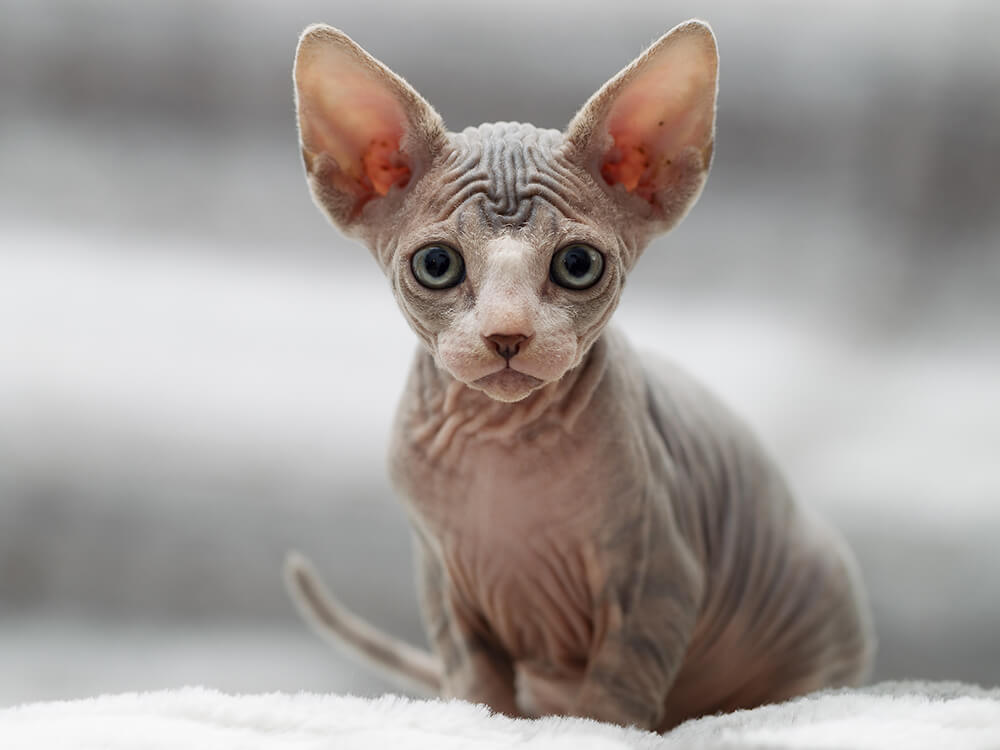Dog Breed Groups
Dog Breed Group refers to the classification of breeds based on ancestry, specific purpose, appearance, temperament, and other similar qualities. For newly recognised breeds, The Kennel Club conducts a thorough historical background investigation to identify the group it belongs under the “Breed Standard.”
Currently, the Kennel Club categorises dogs into seven breed groups: Hound group, Working group, Terrier group, Gundog group, Pastoral group, Utility group and Toy group.
The Dog Breed Group is expanded to include hybrid dogs, assistance/support dogs, and therapy dogs.
Get to know these different Dog Breed Groups below.
Gundog Group
Gundog (also called Sporting dog) is bred to accompany the sporting owner. Dogs under this group are mostly utilised to find and retrieve live game (usually birds) during hunting season. There are four types of Gundogs: Retriever, Pointer, Setter, and (Flushing) Spaniels.

Retrievers
Retrievers were originally bred to assist hunters by capturing and retrieving feathered game like birds, quail, pheasant, and waterfowl. They are usually eager to please and very obedient. Retrievers are trained to follow hand, voice, and whistle commands during a hunt.
Popular Gundog Retrievers: Labrador Retriever, Golden Retriever
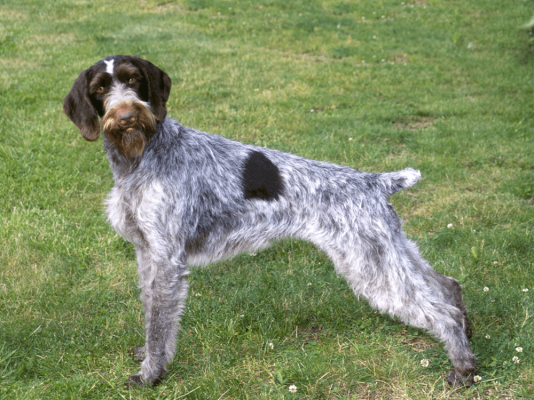
Pointers
Pointer dogs use their muzzles to point towards a game, which alerts the hunter to the direction and location of a game. Pointers are even-tempered, calm and congenial dogs. These high-energy dogs are extremely agile, athletic, and fast—traits that are ideal for the job they do.
Popular Gundog Pointers: English Pointer, Brittany, German Wirehaired Pointer
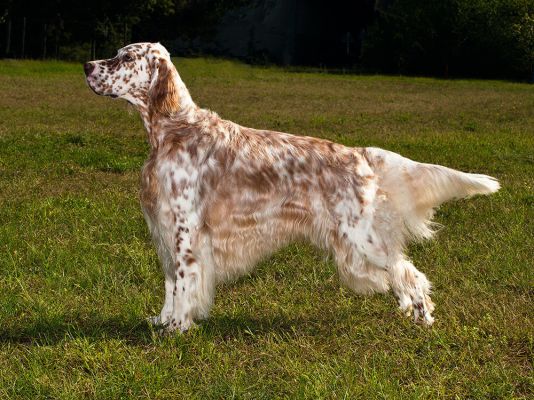
Setters
Setters are usually paired with Pointer dog breeds as they have similar function albeit they go about the task differently. Both dog breeds help hunters move into a gun range for a better shot at a game. Setters are agile and well-balanced hunters that can work in different terrains.
Popular Gundog Setter: English Setter, French Spaniel, Irish Setter
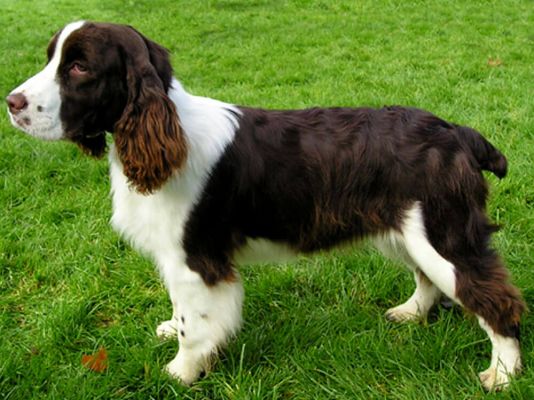
Spaniels
Spaniels are primarily bred to flush out a game. They rouse birds into flying to give hunters the chance to aim and shoot. A Spaniel’s role also includes retrieving game as they have excellent retrieving instincts and skills.
Popular Gundog Spaniel: English Springer Spaniel, English Cocker Spaniel, Boykin Spaniel
Is a Sporting/Gundog Right for You?
Dogs that are classified as Gundogs are active and require more physical activity. They like to be outdoors, playing, hunting, running and exploring. Sporting/Gundog breeds are right for you if you have the same active lifestyle. They have to be given the opportunity to do what comes naturally to them; otherwise, they may resort to undesirable or destructive behaviours. They also tend to be too large for small children and babies.
Hound Group
Hound dogs are natural hunters. They hunt prey through sight (Sighthound) and scent (Scenthound). However, unlike the Gundogs, Hound dogs follow their instincts and are not so reliable at following commands. Once they catch a scent or sight of prey, they go full speed in pursuit, and it will be hard to stop them.

Sighthounds
The Sighthound relies on what it sees to hunt. Unlike the scenthound, it is bred for speed.
Popular Sight Hound: Afghan Hound, Irish Wolfhound, Greyhound, Whippet
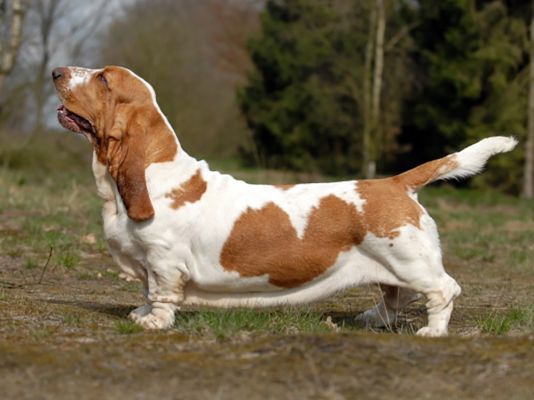
Scenthounds
Scenthounds are good sniffers but they are bred more for endurance than for speed. The way to distinguish a scenthound from a sighthound is through its big ears. It is believed that a scenthound’s ears help their efficiency to smell.
Popular Scent Hound: Basset Hound, Beagle, Dachshund, Bloodhound
Is a Hound Dog Right for You?
Just like a Sporting dog, a Hound dog is a hunter at heart. He is bred as a companion for owners who love to go on outdoor adventures. Hound dogs require physical activities and they love to run or go on a hike. Although efficient hunters, they can be hard to train and possess a stubborn streak. They are the least obedient among the dog breed groups.
See ad listings of Hound Dogs » Read more about Hound Dogs »
Pastoral Group
Pastoral dogs are bred to help manage livestock. They herd livestock, guide herds of sheep, goats or cattle on dangerous terrain, and act as a guard to protect the animals from predators such as wolves. There are three types of Pastoral dogs classified based on their specific function.
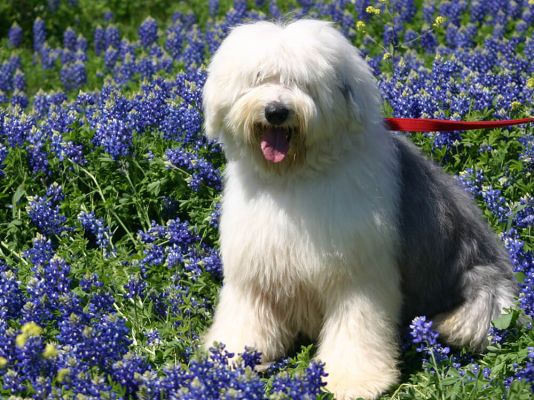
Herding dogs
The main role of a herding dog is to round up flock and herds. Herding dogs are extremely intelligent and highly trainable. Whilst most of today’s herding dogs have not seen a cattle, their herding instincts kick in during play or when there is a group of people around.
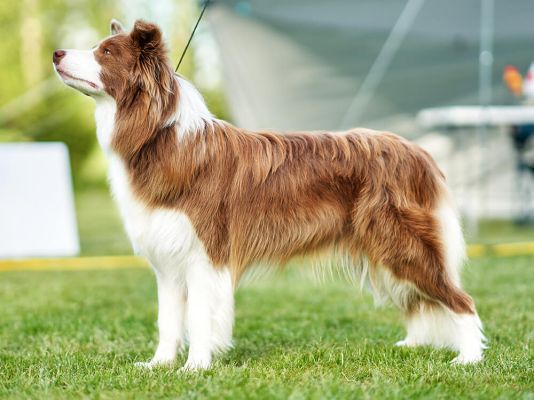
Drovers
Drovers are bred to guide the herd from one place to another, most often over a long distance. This dog breed is very useful, especially on rough terrains.
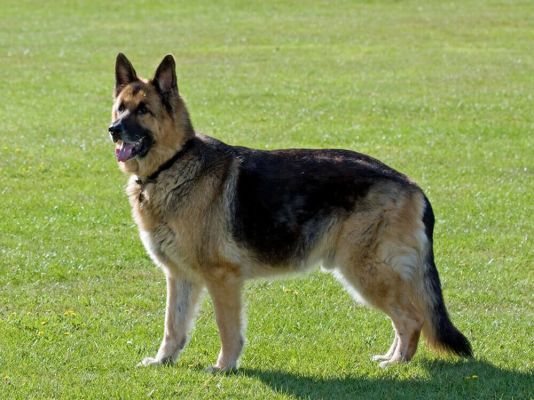
Guardian dogs
Guardian dogs protect the herd from predators such as wolves, foxes, as well as thieves. They are trained to stay with the animals they are tasked to protect so they are, in a way, a member of the flock or herd. They blend in with the flock but are always on the lookout for intruders and ward them off by barking or exhibiting aggressive behaviour.
Popular Pastoral Dogs: German Shepherd, Border Collie, Old English Sheepdog
Is a Pastoral/Herding Dog Right for You?
Pastoral dogs are very active and highly intelligent. They require both physical and mental stimulation, so obedience training, ball games, and Frisbee are good activities. Pastoral dogs are more suited for outdoorsy families.
See ad listings of Pastoral Dogs » Read more about Pastoral Dogs »
Terrier Group
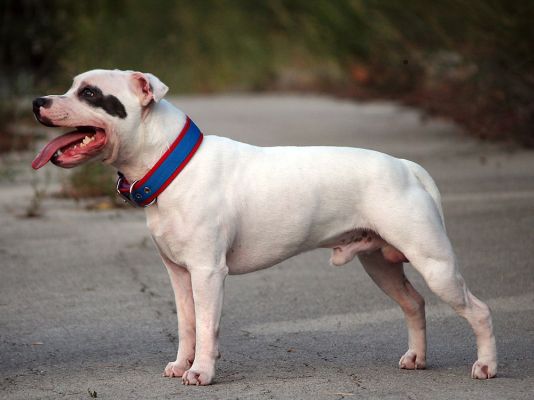
Terrier dogs were initially bred to hunt house vermin such as rats, mice, otters, even going as far as underground through small holes. They are “little hunting dogs” compared to the hounds or gundogs that hunt for fowls and other birds. Today, when not put to work, dogs in this breed group are kept as companion dogs.
Popular Terrier Dogs: Staffordshire Bull Terrier, Border Terrier, Jack Russell Terrier
Is a Terrier Dog Right for You?
Terrier dogs are moderately active, smart and feisty. They are also hard to train as they choose whether to participate in an activity. Despite their small size, they require exercise; otherwise, they can display destructive behaviours.
See ad listings of Terrier Dogs » Read more about Terrier Dogs »
Toy Group

Toy dogs are companion dogs that are much smaller than Terrier dogs. Because of their diminutive size, most Toy dogs are treated as handbag accessories. They are the best dog breed to keep in a small apartment without outdoor space. Dog owners with less experience in dog ownership will do well with a Toy dog. Dogs under this breed group don’t require much food or exercise and are content to be pure lapdogs.
Popular Toy Dogs: Cavalier King Charles Spaniel, Pug, Chihuahua
Is a Toy Dog Right for You?
Toy dogs are best for new dog owners. They don’t shed much, have small stomachs which require less food, and they don’t necessarily need to be outside for activities. Playtime is comprised of cuddles and a few chew toys.
Working Group
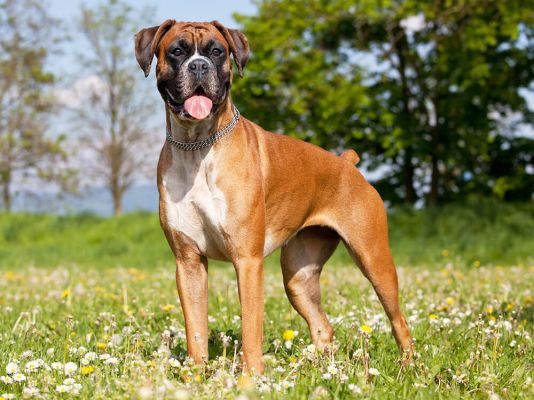
Working dogs take on many roles including being guard dogs, rescue dogs, and police dogs. Because they’re large dogs, they tend to be utilised for herding and guarding flocks as well. Working dogs are sturdy, fearless, and very obedient. However, their large size is not suitable for homes with small spaces. They also need to be active with things to do or they will run amuck if left alone. They were bred to work so take advantage of their natural instincts as industrious dogs.
Popular Working Dogs: Boxer, Siberian Husky, Dobermann, Rottweiler
Is a Working Dog Right for You?
Working dogs are large dogs and require a spacious home. They are easy to train and are obedient dogs but need to be trained whilst still young. They are the best choice if you’re looking for a guard dog to protect your home from intruders.
See ad listings of Working Dogs » Read more about Working Dogs »
Utility Group

Utility dogs are not bred for any particular purpose nor do they share any ancestry. Dogs under this breed group do not fit into any group category and are each unique by themselves. They come in various sizes, appearances, and temperaments.
Popular Utility Dogs: Shih Tzu, Akita, Chow Chow, Dalmatian, French Bulldog
Is a Utility/Non-Sporting Dog Right for You?
Utility dogs vary in all aspects (e.g. size, appearance, function, temperament, intelligence and level of activity). It is best if you do your research based on the characteristics you want from a pet dog.
Hybrid Dogs

Hybrid dogs are commonly known as designer dogs. They are a mix of two pure breeds and are created through controlled cross-breeding. The sole purpose of developing hybrids is for them to inherit the positive traits of both parent breeds. Hybrid dogs are quite popular for their sweet, gentle disposition and adaptability.
Popular Hybrid Dogs: Cockapoo, Goldendoodle, Jackapoo
Is a Hybrid Dog Right for You?
Hybrid dogs are often kept as family companions. Depending on their parent breeds, they may have minimal to high exercise needs. Most hybrid dogs need someone to keep them company throughout the day. They are very attached to their family and may experience separation anxiety if left alone for a long time.
Assistance / Support Dogs
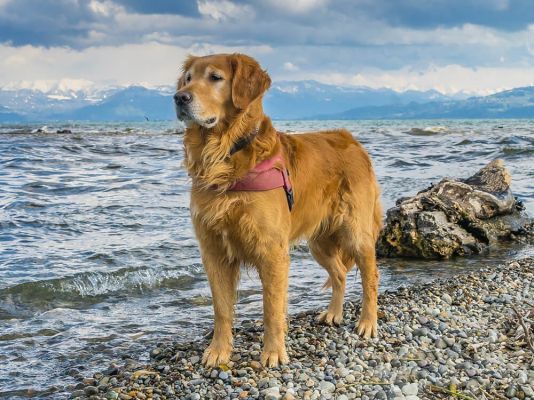
Assistance /Support dogs are also called ‘service dogs’. They are specifically trained to aid people who have physical disabilities. Service dogs are capable of doing several things to help their owners such as opening doors, towing a wheelchair, and retrieving or picking up objects. They are often allowed to enter most buildings with their owner.
Popular Assistance / Support Dogs: German shepherds, Labrador retrievers, Golden retrievers
Is an Assistance/Support Dog Right for You?
People who need assistance/support dogs must first do their own research into the qualifications and accreditation of the organisation they are getting the service dogs from. Accredited assistance dogs are properly trained by experienced trainers. The process of owning an assistance/support dog could take time because it requires the identification of the person's needs and the type of dog that will be appropriate for the task.
Therapy Dogs

Therapy dogs undergo specialised training just like assistance/support dogs, however, they serve a different purpose. Therapy dogs have a relaxed and calming presence and they provide mental and emotional support to people. They are often sent to disaster areas, hospitals, nursing homes, and schools to give comfort to those who need it. Unlike service dogs, they have no special permission to accompany their owners in public areas.
Popular Assistance Support Dogs: Poodle, Dachshund, Greyhound
Is a Therapy Dog Right for You?
Any dog can be a therapy dog as long as he meets certain requirements. Breed or size does not determine a dog’s suitability as a therapy dog. For a dog to be considered for the task, he must have the right age, health, temperament, and training. The criteria for a therapy dog may vary depending on the organisation's purpose. Candidates for therapy dogs undergo a thorough suitability assessment.

